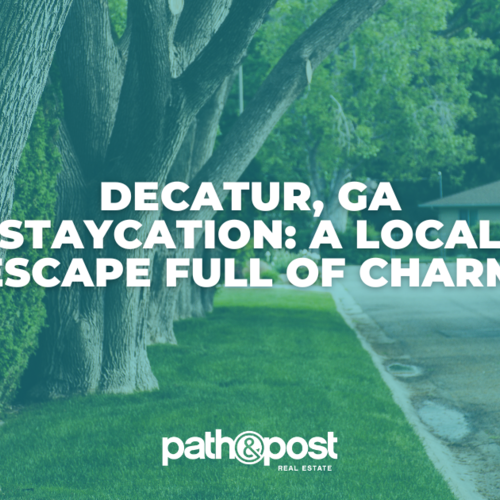Question 1: Is This Home Financially Sustainable for Me Long-Term?
Mortgage Rates, Inflation, and Monthly Payments
Mortgage rates in 2025 remain higher than they were a few years ago, with national averages hovering between 6% and 7%. This means your monthly payment could be significantly higher than you expect, even for the same-priced home.
A small difference in rates can add tens of thousands of dollars over the life of a loan. Before making an offer, calculate how different rates and loan types (like fixed or adjustable rates) impact your monthly budget.
Also, consider inflation. Services, maintenance, and insurance costs continue to rise year over year. Your financial plan should account for these increases beyond just the mortgage payment.
Rising Hidden Costs: What Buyers Must Budget For
Beyond your loan payment, hidden costs have increased this year:
- Home maintenance: Average upkeep for mid-size homes now exceeds $6,500 annually.
- Insurance premiums: Particularly high in climate-affected areas like coastal or wildfire-prone regions.
- Utility bills: Up by an average of 15% compared to 2023 levels.
Checklist for Hidden Costs:
- Homeowners Association (HOA) fees
- Future property tax increases
- Special assessments (local government improvement fees)
- Repair reserves for HVAC, roofing, or plumbing
Asking about these costs upfront can save you from unexpected financial stress later.
Question 2: How Will This Location Affect My Life Over the Next Decade?
Beyond Schools: Remote Work, Commute Times, and Digital Infrastructure
The traditional idea of "good location" has evolved. Thanks to remote and hybrid work models, many buyers now prioritize:
- Shorter commutes when required.
- Reliable, high-speed internet.
- Access to co-working spaces and modern public transit.
Look into whether the city or town you're considering has invested in broadband upgrades and transportation projects. Communities investing in infrastructure are more likely to see rising property values and quality of life improvements.
Questions to Ask About Location:
- What major infrastructure projects are planned in this area?
- How reliable is high-speed internet access?
- What public amenities are within walking or biking distance?
Climate Risk: Some Buyers Want To Know More
Understanding a home's exposure to environmental risks is becoming an important part of the buying process for some buyers as climate conditions shift. Tools like climate risk maps and long-term forecasts can help you make informed decisions about your home's location and features.
Climate risk doesn't necessarily mean you should avoid a certain area. For example, if a home is located in a region with a higher chance of flooding or wildfires, you can explore what precautions have already been taken, such as upgraded drainage systems or fire-resistant landscaping.
Questions Some Buyers Ask About Environmental Factors:
- Has this property ever experienced flooding or wildfire?
- Are there local building codes or community programs designed to reduce these risks?
- What are the current and projected insurance costs in this area?
By adding this layer of research, buyers are ensuring their future home is one to enjoy and maintain with confidence.
Question 3: Am I Using All the Smart Tools Available to Make My Best Deal?
Virtual Tours, Price Prediction AI, and Deal Analysis Tools
The homebuying process has gone digital. Today's buyers use:
- AI-driven price prediction tools to see if a home is fairly priced.
- Virtual 3D tours to explore homes from anywhere.
- Automated deal analysis tools to assess local comps, fair offers, and negotiation opportunities.
These technologies can reveal red flags or hidden values that traditional home searches might miss. For example, a property priced just right today could still fall in value if upcoming local changes (like zoning shifts) are not favorable.
Using these tools makes you a smarter buyer — one who doesn't rely solely on a gut feeling or a polished open house presentation.
Why Local Knowledge Matters More Than Ever
Even with tech at your fingertips, human expertise remains crucial. Work with a local real estate agent who understands both the market and climate realities of your chosen area.
Ask your agent and mortgage broker tough questions like:
- How has this market changed in the past 5 years?
- What is the risk profile of this neighborhood?
- What incentives (like grants or tax credits) might be available to me?
The combination of smart tools and experienced advisors gives you the best shot at finding a home you'll be happy with for years.
Find Your Path Forward With a Trusted Guide
Buying a home in 2025 demands a different kind of preparation. With higher costs, climate risks, and fast-evolving technology, it's no longer enough to just fall in love with a kitchen or a backyard.
By asking smarter, future-focused questions, you'll be better equipped to find a home that matches your needs today and stands strong for tomorrow. Stay curious, stay informed — and remember that buying wisely is about planning for the life you want to live, not just the house you want to own.





